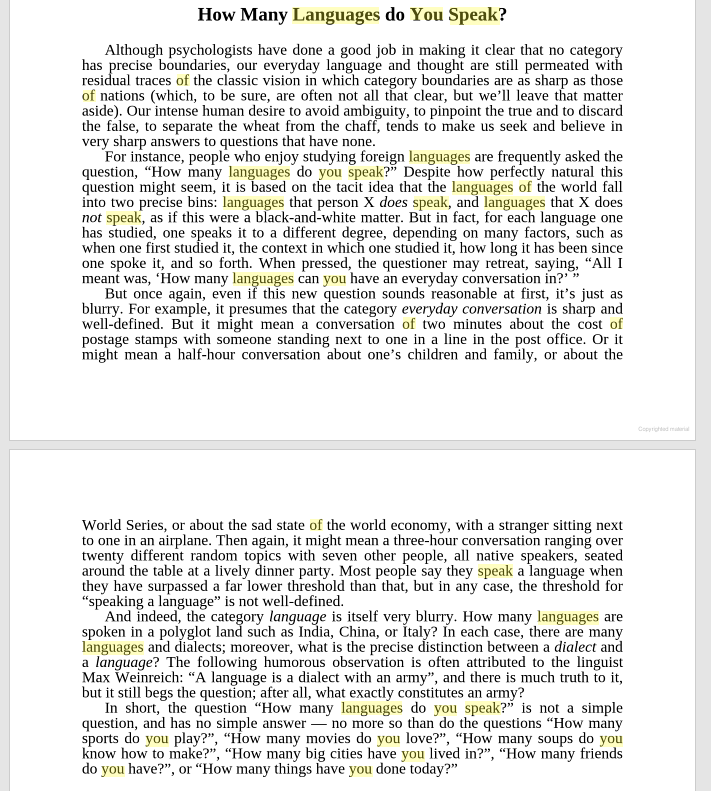This is a superb question. For single-word-requests, it is a social norm that, if there is - in fact - no such single-word, someone has to provide the full, correct answer to the literal single-word-request question. I will now do that:
There is no such single word in English, which means, "the
surprisingly limited vocabulary in the native language of a native
language speaker who has, as it happens, spent a considerable amount
of time (particularly say while pursuing higher education) in a second
language region."
I know many, many people precisely as you describe. It's a great question.
{Note too that a sibling phenomenon is wherein: entirely 100% native English speakers, who have crap English spelling, because their parents moved to Germany or Japan during the years they were, say, 13 to 20, for example.}
Now, setting aside single-words. (Answer: "there is no such single-word.")
I've always struggled even trying to find a phrase for this.
I think I once said something like "X has typical eurotrash vocabulary!" or perhaps "eurotrash language skills". For me "eurotrash language skills" would mean the person is amazingly good at speaking a number of languages, but, suffers precisely the word-less quality you describe.
Similarly phrases may be "expat language base" or "expat language skill" or "X has a typical expat vocabulary" or "X has a typical expat-family vocabulary" and so on.
I hope this helps.
BTW regaring the "number of languages you speak" it's always worth reading Douglas Hofstadter.

Note too that there's a phrase common in many countries "You're worth as many people, as languages you speak." You could perhaps make a play on this if discussing the concept you raise, OP.

